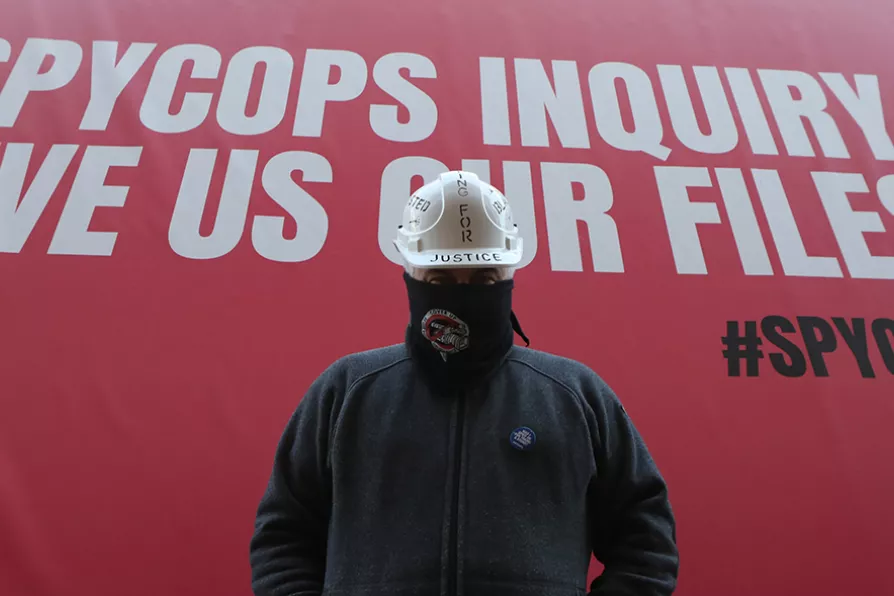The Mandelson scandal reveals a political settlement in which democratic choice is curtailed and the power of markets eclipses the will of voters – only the left can challenge this, writes JON TRICKETT MP

 Demonstrators outside the Amba Hotel at Marble Arch, London, where the Undercover Policing Inquiry are holding hearings looking at the activities of the Met's Special Demonstration Squad (SDS) between 1973 and 1982, April 26, 2021
Demonstrators outside the Amba Hotel at Marble Arch, London, where the Undercover Policing Inquiry are holding hearings looking at the activities of the Met's Special Demonstration Squad (SDS) between 1973 and 1982, April 26, 2021
A VINDICATION for campaigners and another nail in the coffin of the Metropolitan Police. That is the takeaway from the interim report of the Mitting inquiry into undercover policing, published on June 29.
The report concludes that the infiltration of left-wing groups in the 1970s and early 1980s was not justified, that undercover police gathered what Mitting called a “remarkable” amount of information on activists who were not threatening public order, and that the Special Demonstration Squad (SDS) should have been rapidly disbanded after its formation to deal with anti-Vietnam war demos in 1968, rather than continuing for decades.
The inquiry was initiated eight years ago by then prime minister Theresa May, in response to a growing number of scandals about the SDS. No wonder the undercover police have a bad name.

BEN CHACKO reports on the struggles against sexism, racism and the brutish British state that featured at Matchwomen’s Festival this year













